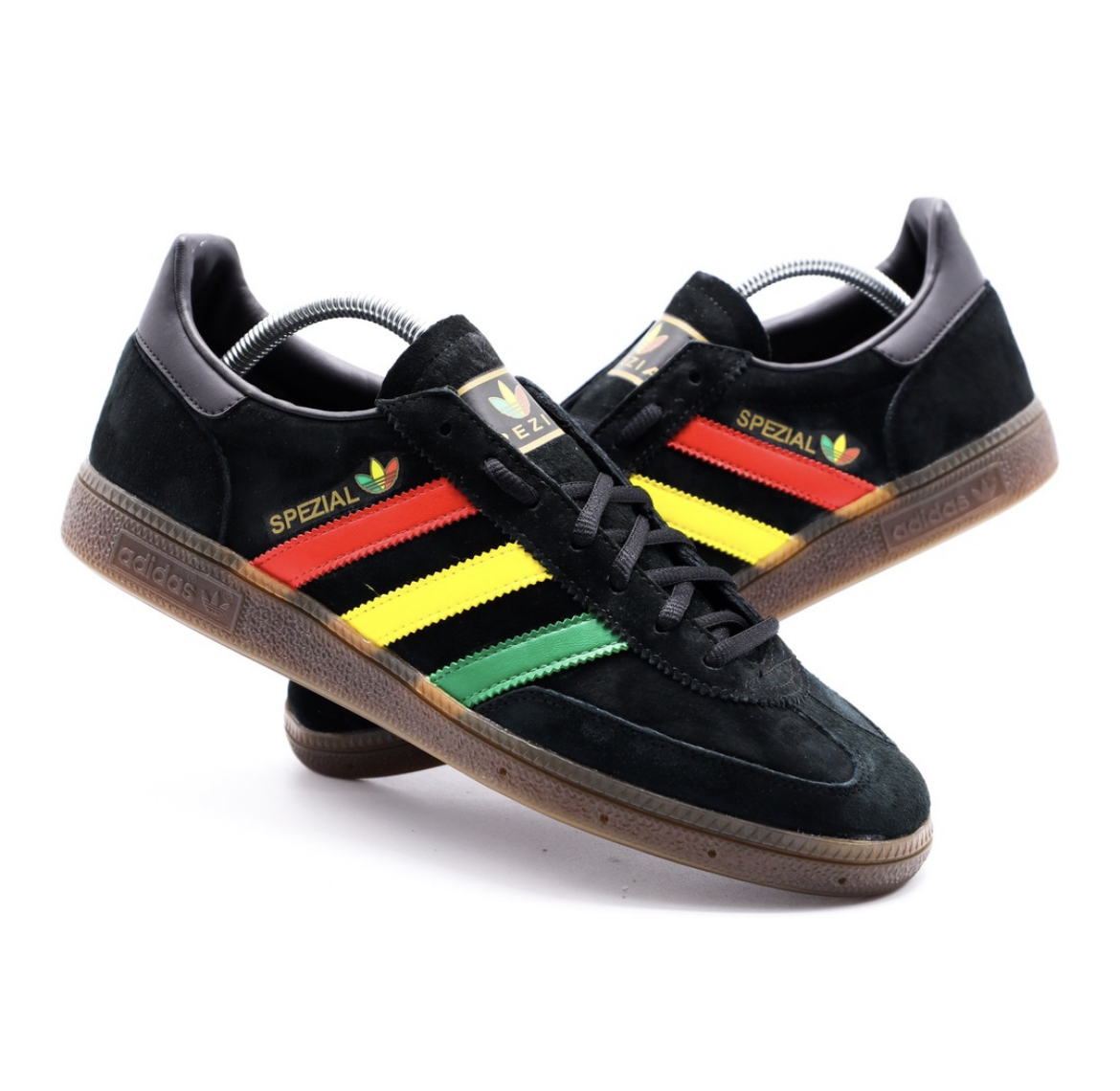
Winter can be tough on your clunker. As it gets colder, it is important to protect your vehicle against the elements to keep it in good shape. Here are a few tips and things to prevent damage and ensure your car performs at its best this winter.
Don’t use hot water on your windscreen
A common mistake that drivers make on those cold, frosty mornings (especially when they are in a rush) is to use hot or boiling water to clear ice from their windscreen. This is a huge risk as if there is any kind of chip in your windscreen, and the sudden temperature change could turn that small chip into a big crack. Hot water can also damage your paintwork, so steer clear.
Keep your car sheltered
The best place to protect your car from the harsh winter weather is a garage. If you don’t have access to one, consider a portable garage. This will reduce weather damage and will make it less likely you’ll need to de-ice your windscreen before setting off in the morning.
Fill up more frequently
Leaving your car on empty or near-empty is risky in winter, as the cold temperatures can cause the moist air in the tank to freeze. This can lead to ice in the fuel lines. To prevent damage, try to keep your car’s tank at least half full in the colder months.
Top up coolant with antifreeze
Your engine coolant needs to be half water, half antifreeze. Although people often remember to top up the water, not everyone remembers to top up the antifreeze. This causes the water to dilute the antifreeze in the coolant, putting it at risk of freezing in cold weather. This can cause your engine to overheat, which is very bad for your car.
Get a free winter car check
Many garages offer free checks to ensure your car is ready for the winter. They’ll check important things like the condition of your tyres, your battery health and your headlights and brake lights.
Have a winter breakdown kit prepared
Breakdowns are more likely in the winter, so it’s important to be prepared. Make sure to keep a winter breakdown kit in your car at all times. This should include all the essentials, so you are equipped to deal with an emergency. Among the things to include is a shovel, jump-start cables, a torch and spare batteries, and a high visibility jacket. It can take longer for roadside assistance to reach you in bad weather, so it is also important to prepare for the possibility of being stranded on the roadside for an extended period. Make sure you have warm clothes, food and water for you and any passengers.
Make sure you’re covered
In the winter, it’s all the more important to make sure you have breakdown cover. It is relatively cheap and means you can avoid an expensive emergency call-out fee if you breakdown without being covered.






























